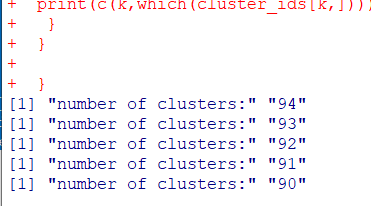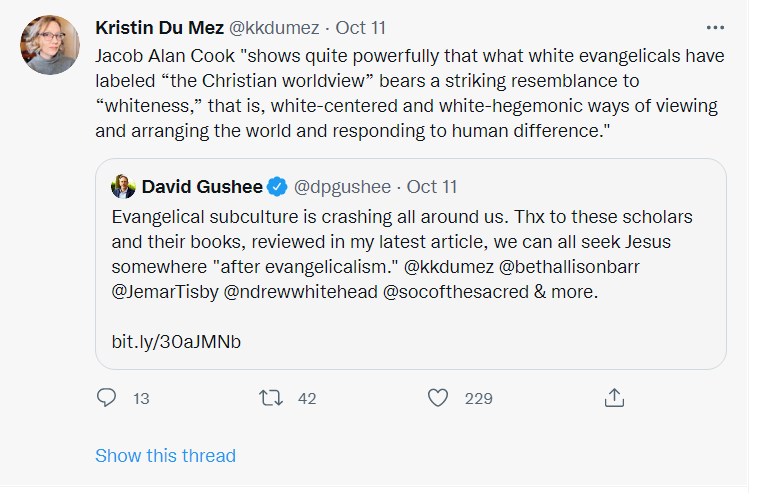
Good thread. See my thoughts below. 1/
https://twitter.com/JoshDaws/status/1496130105843847171
First, be *sure* to read this clarifying exchange between @rcsprouljr and @JoshDaws 2/
https://twitter.com/rcsprouljr/status/1496133881879318534
@rcsprouljr @JoshDaws Second, a common refrain I've heard from many of the most vocal current critics of "#BigEva" is that they were truly, sincerely, genuinely huge fans who are still grateful for the people/ideas they are currently criticizing. This is a very important point. 3/
It's easy to characterize critics as "theobros" and "discernment bloggers" who are always screaming, always nitpicking, always heresy-hunting, always anathematizing. That caricature just doesn't seem to fit. But even if it, it doesn't effect whether criticisms are valid. 4/
Third, a major theme in these critiques is *frustration.* Again, many of these people have been raising the same concerns gently, kindly, charitably, and irenically *for years*. At some point, they get fed up. That's *understandable*, even if you think it's unjustified. 5/
Fourth, people see a tremendous asymmetry in how politically-liberal and politically-conservative evangelicals are treated by "#BigEva." The characterization is: "punch right, thoughtfully engage left." TBH, this seems accurate. Just compare evangelical reviews of 6/
Baucham's Fault Lines versus a book like Du Mez's Jesus and John Wayne. The latter were often prefaced by hundreds of words of qualifications and gratitude while the former freely tossed around works like "garbage" and "embarrassment." Even if you think both assessments 7/
were entirely deserved, you have to wonder why "tone" seems only to work in one direction.
Lastly, I see a lot of frustration (which I share) over a lack of *genuine* dialogue. Genuine dialogue is not fostered by a panel of 5 woke (or 5 anti-woke) evangelicals. 8/
Lastly, I see a lot of frustration (which I share) over a lack of *genuine* dialogue. Genuine dialogue is not fostered by a panel of 5 woke (or 5 anti-woke) evangelicals. 8/
Genuine dialogue doesn't mean that your podcast on immigration policy has a "spectrum of views" ranging from center-left to left (or center-right to right). It means you get actual representatives from the left and right and let them ask each other hard questions. 9/
A growing number of people feel like their voices are not being heard and their actual views are not being represented. If you lament how people are retreating to "alternative news sites" and "gossip blogs," you can't refuse to address or actively demean their concerns. 10/
If you truly believe your views are correct and theirs are wrong, then invite them onto your platform (or onto a neutral platform) and listen to them. Ask questions. Defend your view. Critique theirs. Submit it all to Scripture.
Sunlight is the best disinfectant. 11/11
Sunlight is the best disinfectant. 11/11
• • •
Missing some Tweet in this thread? You can try to
force a refresh












